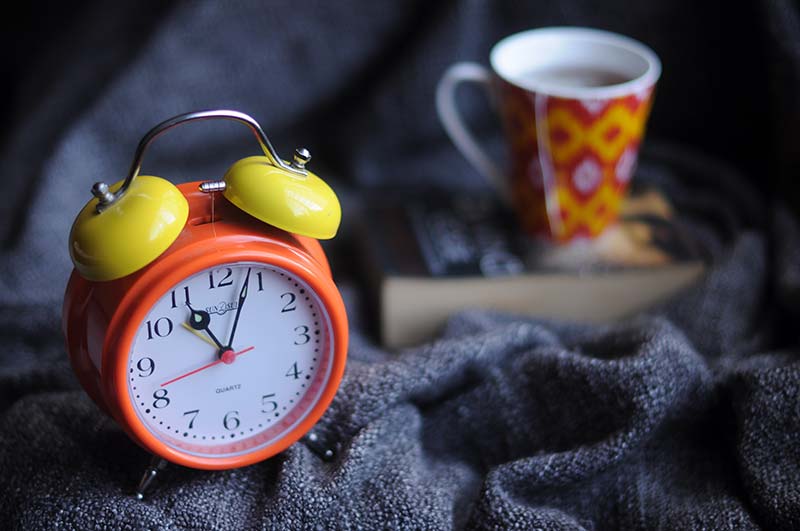Sleep Apnea is a condition in which your breathing stops for a few moments while asleep. When you breathe in, the air flows from your nose, mouth, and pharynx to the lungs. The negative suction pressure pulls the soft tissues of your mouth, tongue, and pharynx inwards and outwards to make sure the smooth flow of inhaling and exhaling of air into your lungs.
Table of Contents
ToggleWhen you sleep, it is normal that the muscles of the tongue, mouth, and pharynx relax a little bit safely(not blocking the airway). People suffering from sleep apnea have their mouth, and pharynx muscles relaxed too much. Sometimes your tongue drops on the soft tissues of your mouth, pressing it against the back of your throat. This results in a complete blockage of the airways.
The lack of oxygen in your lungs wakes you up, gasping for air. This continues for a few seconds until your gasping brings back the negative suction pressure. This cycle of blockage and reestablishing normal breathing is known as obstructive sleep apnea. This cycle leads to restless and inconsistent sleeping, which causes a lot of health problems.
Types
Sleep apnea is classified into two types:
- Obstructive sleep apnea: Complete collapse of mouth and pharynx tissues at the upper respiratory tract. It is caused due to the overrelaxation of these tissues. This type of apnea causes an irregular sleep cycle. Another cause of sleep apnea involves the deviation of the septum in your nose. Some people’s anatomy also causes narrowed airways.
- Some other causes include a small or receding jaw that narrows the airway, loss of muscle tone of the pharynx due to aging, swollen tonsils, obesity, etc.
- Obese people have more fat in the walls of the pharynx, which causes more relaxation of pharynx muscles.
- Central sleep apnea: It is a neurological problem. Sometimes your brain stops sending messages to the muscles that control the smooth passage of airways. Causes of this type of apnea involve stroke that affects the brain stem, complications of cervical spine surgery, Encephalitis that affects the brain stem, bulbar poliomyelitis, obesity, narcotic medications, etc.
- Complex sleep apnea: If you have obstructive sleep apnea and you get it treated with CPAP and still get apneas, then it is a case of central sleep apnea. Generally, this type of apnea is a term to define the condition in which you realize that you are suffering from central sleep apnea after CPAP treatment.
Symptoms
Some common symptoms of sleep apnea are:
What happens if you do not treat it?
Prolonged sleep apnea cycles lead to incomplete sleep and less rest which further leads to serious health issues such as:
- High blood pressure
- Irregular heartbeats
- Cardiovascular diseases
- Heart stroke
- Diabetes
Remedies for sleep apnea
Some lifestyle changes, as well as some dietary changes, will help you cure sleep apnea. Let’s discuss them in brief.
Weight loss
Due to obesity, some fats get accumulated in the upper part of your body, which involves the pharynx. These tissues accumulate and cause blockage to your airways while you sleep. Maintain a healthy weight by making some dietary changes such as eating foods that are rich in antioxidants, fibers, and other foods that improve the metabolism of your body. Improved metabolism helps in eliminating toxins effectively from your body and breaking down fats. This aids in fat loss.
Yoga and meditation
One of the critical requirements of sound sleep is a smooth flow of air in the airways. Meditation allows to clear off any blockages and makes a clear path for air to flow through the pharynx and nasal passages.
Sit in a lotus position, suck in the lower belly and lift the spine up for a straight sitting position. Then take a deep breath slowly and release it. You can also close the alternate nostrils while releasing the breath. You can also take a breath from the left nostril and leave it from the right one and vice-versa for 5 to 10 minutes.
Change your sleep position
As per the study, sleeping in a flat back position worsens the symptoms of sleep apnea. Practice sleeping on the left side or right side of the body. However, some studies have indicated sleeping in the flat back position is beneficial for children to curb sleep apnea cycles. Visit the doctor to decide on the sleep position.
Humidifiers
Moist air helps in clearing off any congestion or small blockages in your airways. Use humidifiers for a moist environment. You can also use essential oils such as lavender and peppermint oil for anti-inflammation of your throat.
Quit smoking and alcohol intake
The muscles which help in controlled breathing are relaxed by alcohol. If you are already facing sleep apnea, then alcohol consumption will worsen your condition. Smoking causes inflammation in your throat, which also causes blockage of the airways. Quit smoking and drinking to avoid apnea as well as to stop worsening your current apnea condition.
Whenever you face the early symptoms of sleep apnea, immediately consult your doctor or use some natural remedies discussed above to get rid of it. The prolonged sleep apnea cycles cause serious health issues due to a lack of sleep. These issues may lead to unnecessary medical bills and in some cases, a decreased lifespan.
